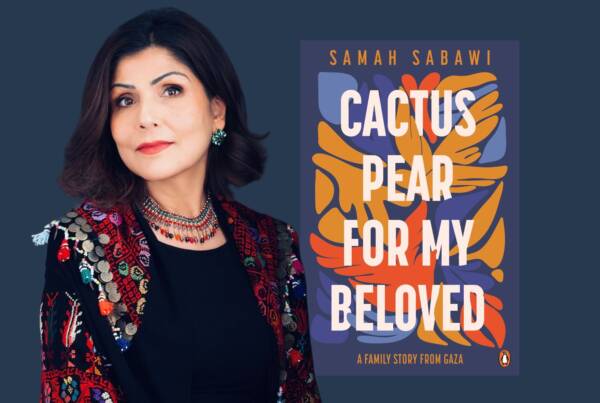Writing by Michael Foster
 It’s not just your imagination — podcasts really have been skyrocketing in popularity as of late. In fact, Earthweb reports that podcasts number over 2 million worldwide and that the industry is expected to become a USD 94.99 billion industry. This is despite subsequent threats to podcasts’ long-term stability, such as years-long stagnation and the loss of audience data to major streaming platforms.
It’s not just your imagination — podcasts really have been skyrocketing in popularity as of late. In fact, Earthweb reports that podcasts number over 2 million worldwide and that the industry is expected to become a USD 94.99 billion industry. This is despite subsequent threats to podcasts’ long-term stability, such as years-long stagnation and the loss of audience data to major streaming platforms.
But before this boom in numbers, podcasters had often been prompted to question whether their medium was dying. Read on to learn more about how podcasts came to be, if they’re were ever really on their deathbed, and what lies in store for the industry moving forward.
History of podcasts
The word ‘podcast’ first came about in 2004, when it was coined by Ben Hammersley for the article ‘Audible Revolution’ published in The Guardian. The word was ascribed to the rise of the iPod and the public’s growing affinity for blogging, which could result in ‘a new boom in amateur radio.’ By 2006, comedians and radio personalities had turned to podcasts to engage with audiences. Podcasts even penetrated politics, with Queen Elizabeth’s Christmas speech that year made downloadable as a podcast for the very first time. However, between 2006 and 2013, the platform’s listenership was plateauing, gaining listeners too slowly. This development eventually prompted questions about the podcast’s death.
As it turned out, this wasn’t to last. By 2014, This American Life posted an investigative journalism podcast called Serial. Following this, the number of podcast listeners in America rose from 39 million in 2014 to about 90 million in 2019.
In 2019, another ‘death’ came when Spotify bought Gimlet and Anchor — two of the biggest podcast platforms. As a result, podcasters lost their audience data to Spotify. This caused independent podcasters in particular to ponder how being on a centralised platform could compromise advertisement opportunities.
Nevertheless, 2020 saw an increasing awareness of and accessibility to podcasts — leading to the industry’s dramatic growth. In 2019, there were 274.8 million listeners worldwide. That number grew to 332.2 million by 2020 — and it hasn’t stopped growing. Ultimately, the podcast isn’t dead: it survived and continues to flourish. Here are a few trends we can now look forward to in podcasting:
Trends defining the future of podcasts
Continued growth in listenership
Today, podcast listenership is projected to grow to 424 million worldwide by the end of 2022. This growth is being led by increased access, the digestible delivery of information, and a collective desire to connect with the world. But perhaps most integral to this growth is variety. There is a virtually endless range of content to listen to. In fact, Scribd notes that podcast genres range from history and politics to social media and ecology — and that’s just for starters. Because there’s always something new to discover, it’s estimated that more people will listen to podcasts as time goes on.
Podcasts for audio advertising
With podcasts having an increasingly broader listener base, they have also become ideal for advertisements. ResearchAndMarkets.com found that audio advertising boasts revenues that rose from USD 708 million in 2019 to USD 842 million in 2020 alone. And with the consistent rise of podcasts’ popularity, brands are raising their budgets for podcast advertising.
Quality as a determining factor for success
The podcast is an integral platform for thought leaders to democratise their content. And as a consequence of the immense growth in the industry, listeners are more critical of the quality of the podcasts they consume. No one wants a repeat of the Joe Rogan fiasco, where over 200 doctors and scientists demanded limiting access to misinformation about health measures. Quality content from industry experts and reliable influencers will continue to determine podcasts’ success.
With more sophisticated listeners tuning into podcasts, hosts will have to ensure that their shows are engaging, entertaining, and insightful. In turn, listeners are bound to consume more quality podcast content.
Podcasts are a great way to fill your days with new information, entertainment, or casual banter. With how optimistic podcasts’ future looks, you won’t be running out of audible content any time soon.






